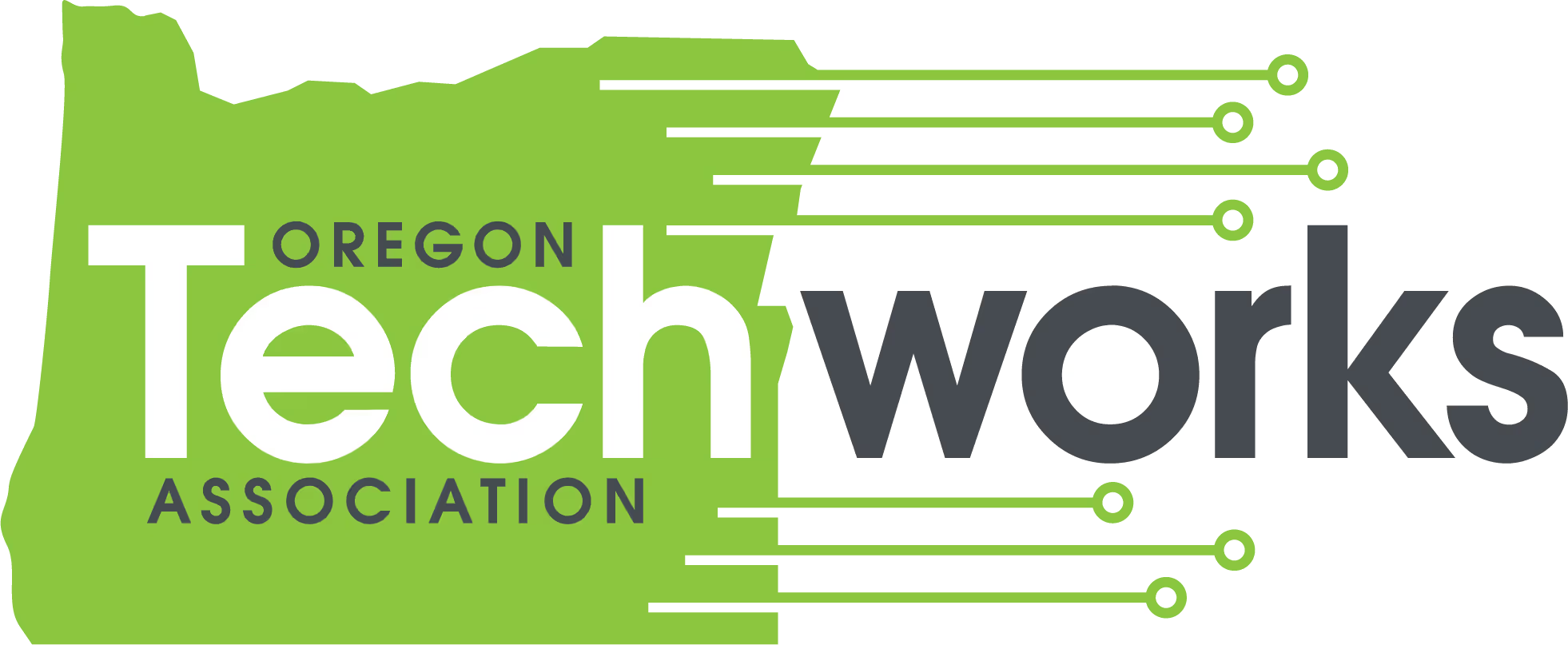The way we work has drastically changed over the last few years. Impacted by events out of everyone's control, and creating room for more adaptability. Remote collaboration and changing business needs have pushed companies to rethink how they build their teams completely.
For a while, it was a debate on whether to embrace the change or stick to traditional work models. Now it has become a strategic argument over the right mix of full-time employees versus contractors for your specific business.
At Techworks, we've seen our community navigate these decisions, and we've observed what works. Our community members often share how workforce management tools, such as HR tech, help them navigate these decisions smoothly. Getting your workforce structure right is a powerful move in your business resilience playbook. The right mix provides you with financial agility while boosting your innovation capacity.
The Power of Full-Time Teams
Full-time employees form the backbone of most successful businesses. They're the keepers of your culture, the holders of institutional knowledge, and the people who stick around through thick and thin.
Why Full-Time Works: Your full-time team builds the core that defines your company. They understand not just what you do, but why and how you do it. Over time, they develop deep institutional knowledge that's hard to replicate. They know your customers, your processes and your quirks. Plus, they're genuinely invested in your long-term success.
The Trade-offs: Full-time employees cost more than just their salaries. Benefits, payroll taxes, office space and equipment all add up to significant fixed costs. When business slows down, those costs don't disappear. And if you need very specialized skills for a short-term project, hiring full-time doesn't make sense.
Best For: Core operations, leadership roles, customer-facing positions and any work that requires deep company knowledge or long-term strategic thinking.
Flexibility at Your Fingertips
Contractors and freelancers give you something full-time employees can't: the ability to scale quickly and access specialized expertise exactly when and where you need it.
Why Flexible Works: You pay for work done, not time spent. No benefits, no long-term commitments, no fixed costs eating into your budget during slow periods. Do you need a specialized developer for a three-month project? A contractor makes perfect sense. Want to test a new marketing channel without hiring a full-time marketer? Bring in a freelancer who's done it before.
External talent also brings fresh perspectives. They've worked with other companies, seen different approaches, and can spot opportunities your internal team might miss.
The Trade-offs: Contractors don't live and breathe your company culture. They might not understand your customers as deeply or care about your long-term vision as much. When their project ends, they take their knowledge with them. Managing contractors requires clear project definitions, strong communication and careful attention to legal compliance.
Best For: Project-based work, temporary workload increases, specialized expertise you don't need long-term and testing new initiatives before committing to full-time hires.
Combining Stability with Flexibility
The most resilient companies combine a stable full-time core with flexible contractors, creating teams that are both steady and agile. They know how to utilize the best mix for company goals.
Why Hybrid Works: You get the culture and institutional knowledge of full-time employees while maintaining the flexibility to bring in specialized skills and scale quickly. Your full-time team provides continuity and deep company knowledge. Your contractors bring fresh perspectives and specialized expertise.
The Key: This approach requires intentional communication and seamless project integration. Your full-time team needs to know how to work effectively with contractors. Contractors need enough context to contribute meaningfully. Clear project definitions, regular check-ins, and strong project management become essential.
What to Keep in Mind
Every business is different, but these factors matter most when deciding your workforce mix.
Work Nature: Is the work ongoing or project-specific? Customer support requires a dedicated team to have a trusted point of contact. A website redesign might offer more opportunities for contractor roles.
Skill Needs: Do you need niche expertise for a limited time? If you need AI expertise for a six-month project, a contractor makes more sense than hiring a full-time AI specialist. The benefit is that you and your team get to learn from this person without adding another fixed cost factor.
Budget Impact: Hiring full-time employees has higher fixed costs but may actually be more cost-effective for ongoing work. Contractors cost more per hour, but they offer variable costs that scale with your needs.
Growth Plans: In a fast-growth phase or an uncertain market, the flexibility of contractors might be worth the premium for a short time.
Building for the Future
There's no one right answer to the decision between full-time and contractor roles. The best combination of workforce structure depends on your business, market, and goals. It should evolve as your needs change.
Making this choice strategically matters. Your workforce structure has a direct impact on your ability to adapt to market changes, innovate quickly and manage costs effectively. Get it right for your needs, and you've built a competitive advantage that serves you in the good times and the bad.
Many companies in our community use this flexible workforce approach to weather downturns, scale during growth spurts, and access specialized expertise without the long-term commitment. The key is being intentional about your choices and staying flexible as your needs change.
Ready to become a member?
Reach out today to discover all the ways Techworks can help your tech company thrive.


